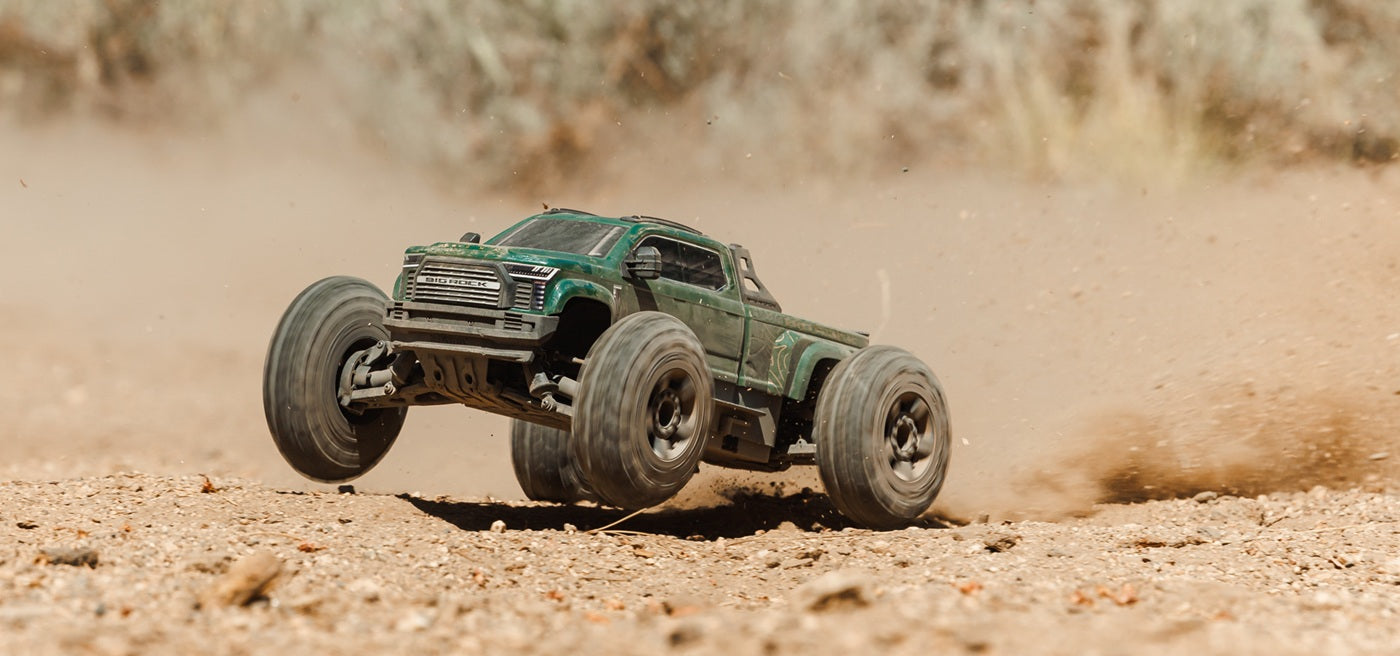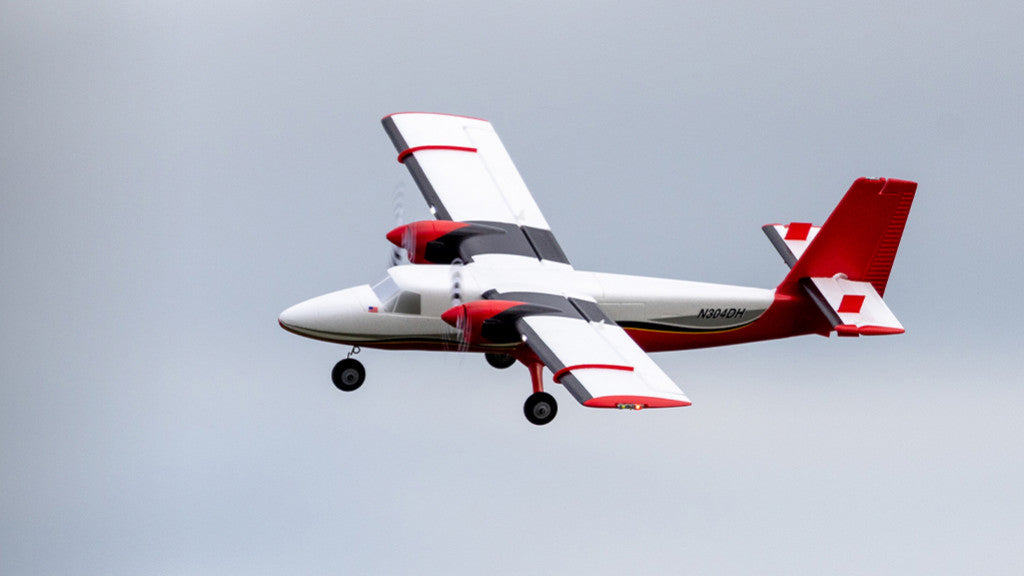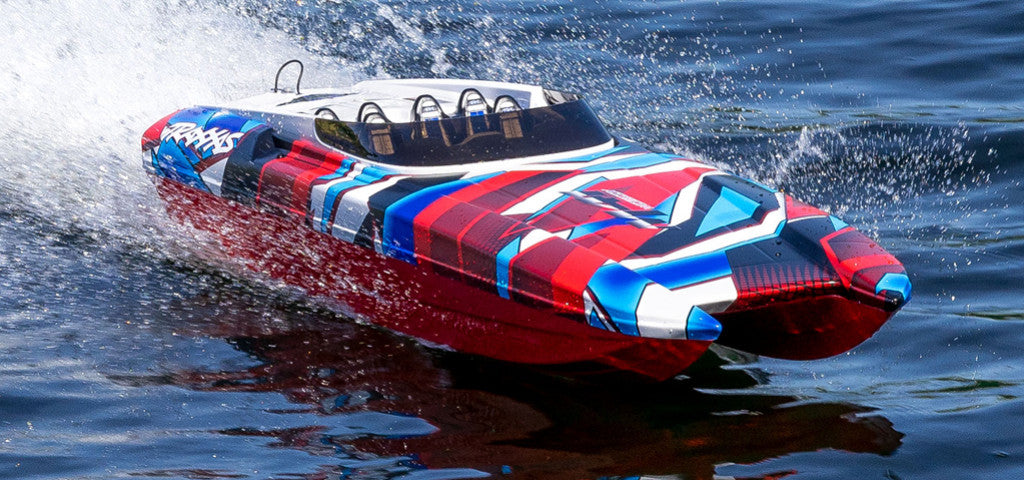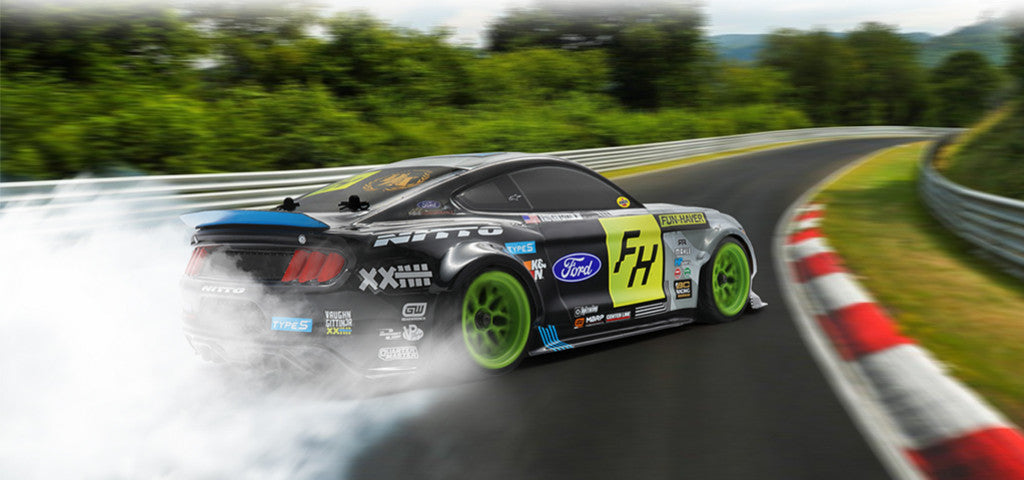The RC modeling is a captivating passion, combining piloting, mechanics and technical adjustments. But it's not all, starting without preparation can lead to costly mistakes and undermine experience. Choosing the right model, learning how to maintain it and mastering a few piloting principles are essential if you are to progress serenely.
In this article, we'll take a look at the most common mistakes made by beginners in RC flying, and the best ways to avoid them.
Choosing the wrong model
Opting for a vehicle unsuited to the terrain
A common mistake is to buy a RC model model without considering the environment in which it will be used.
- A buggy or a monster truck is designed for off-road use, providing better shock absorption and better grip on uneven surfaces.
- A off-road drift is optimized for smooth surfaces, with tires adapted to skidding.
- A touring car (car On-road) is perfect for asphalt but will be ineffective on dirt or gravel.
✅ Tip: Before you buy, define your main playground and choose a suitable RC car.
Buying a model that's too powerful or too complex
A lot of beginners are attracted to ultra-fast models equipped with motors brushless and transmissions 4WD. However, these cars require precise driving and good control of acceleration.
- A model that's too fast can be difficult to control, leading to costly accidents.
- A 4WD may seem more stable, but a 2WD allows you to learn grip and trajectory management more effectively.
✅ Tip: For beginners, opt for a simple, upgradeable model with one engine brushed and 2WD transmission before upgrading to a more powerful model.
Neglecting RC vehicle maintenance
Not cleaning your vehicle after use
A dirty vehicle performs less well and wears out much faster. Dust, mud and moisture can damage critical components such as :
- The ball bearingswhich may seize up.
- The shock absorberswhich can lose their effectiveness.
- The electronic connectorswhich can oxidize.
✅ Tip: After each session, clean your car with a brush, compressed air or a dry cloth. For in-depth maintenance, regularly dismantle the transmission and suspension.
Ignore wear and tear on mechanical parts
An RC car contains many parts that wear out over time:
- The tires lose their grip.
- The differentials must be greased regularly.
- The screws and pins may loosen due to vibrations.
✅ Tip: Check the condition of your car at least once a month, retighten screws and replace worn parts before they cause more damage.
Wrong choice and management of batteries
Using unsuitable or poor-quality batteries
Choosing an incompatible battery can reduce range and damage vehicle electronics.
- Visit LiPo batteries batteries offer more power, but require special precautions.
- The NiMH batteries batteries are safer, but less efficient for demanding models.
✅ Tip: Always check battery compatibility, the ESC (ESC) and motor of your RC car.
Do not charger and store batteries
Incorrect use of batteries can shorten their lifespan, or even lead to fire in the case of LiPo batteries.
- Charger a LiPo without due care may cause a fire hazard.
- Incorrect storage reduces battery life and may render them unusable.
✅ Tip: Use a suitable charger and store your batteries in a fireproof bag when not in use.
Poor management of piloting and settings
Riding without knowing the basics
Visit driving an RC car is not simply a matter of accelerating hard and turning the steering wheel suddenly. Many beginners adopt an over-aggressive driving style, which can lead to accidents and accelerate wear and tear on the vehicle.
- Excessive acceleration on a powerful model can lead to loss of control and spinouts. On-road.
- Incorrect braking can lock the wheels and lead to unnecessary spinning.
- At off-roaddriving too fast over obstacles without thinking ahead can damage suspension and chassis.
✅ Tip: Learn how to manage acceleration, braking and cornering before looking for the performance.
Neglect basic adjustments (geometry, suspension, tires)
A poorly tuned RC car can be difficult to drive, even for a high-performance model. Poorly adjusted suspension, tires or geometry can lead to stability and grip problems.
- Poor camber can limit grip when cornering.
- Poorly adjusted suspension can make the car unstable on certain terrains.
✅ Tip: Experiment with basic settings (suspension, toe-in, camber) to improve handling.
Spending your budget in the wrong place
Buying a low-end car that won't last
- Entry-level, non-upgradeable models limit your scope for improvement.
- Visit spare parts and maintenance can be hard to find.
✅ Tip: It's better to invest in a recognized brand (Traxxas, Tamiya, Arrma) to guarantee reliability and scalability.
Neglecting essential accessories
- The wrong charger can damage batteries.
- Not having the right tools complicates repairs and maintenance.
✅ Tip: Prepare a maintenance kit (screwdriver, Allen key, high-performance charger, extra batteries).
Neglecting safety and regulations
Riding in unsuitable areas
Driving an RC car car in an unsuitable environment can lead to accidents and damage to your vehicle.
- Public roads and parking lots are dangerous car there are cars and pedestrians.
- Riding on inappropriate terrain (fine sand, tall grass) can damage the engine and jam the transmission.
- Sidewalks and pedestrian zones can lead to collisions with passers-by.
✅ Tip: Choose official RC tracks or clear and secure terrain.
No respect for other riders
When riding with other enthusiasts, a minimum of respect is required. rules of conduct are essential to avoid conflicts and accidents.
❌ Common mistakes in clubs and competitions :
- Riding aggressively and crashing into others without apologizing.
- Not respecting the right-of-way rules on a circuit.
- Ignoring repair and maintenance zones by parking anywhere.
✅ Tip: Learn the basics of RC ethics :
- Always give way to faster drivers on the circuit.
- Drive carefully to avoid unnecessary contact.
- Help other riders if a problem arises - community spirit is key in racing. RC modeling.




